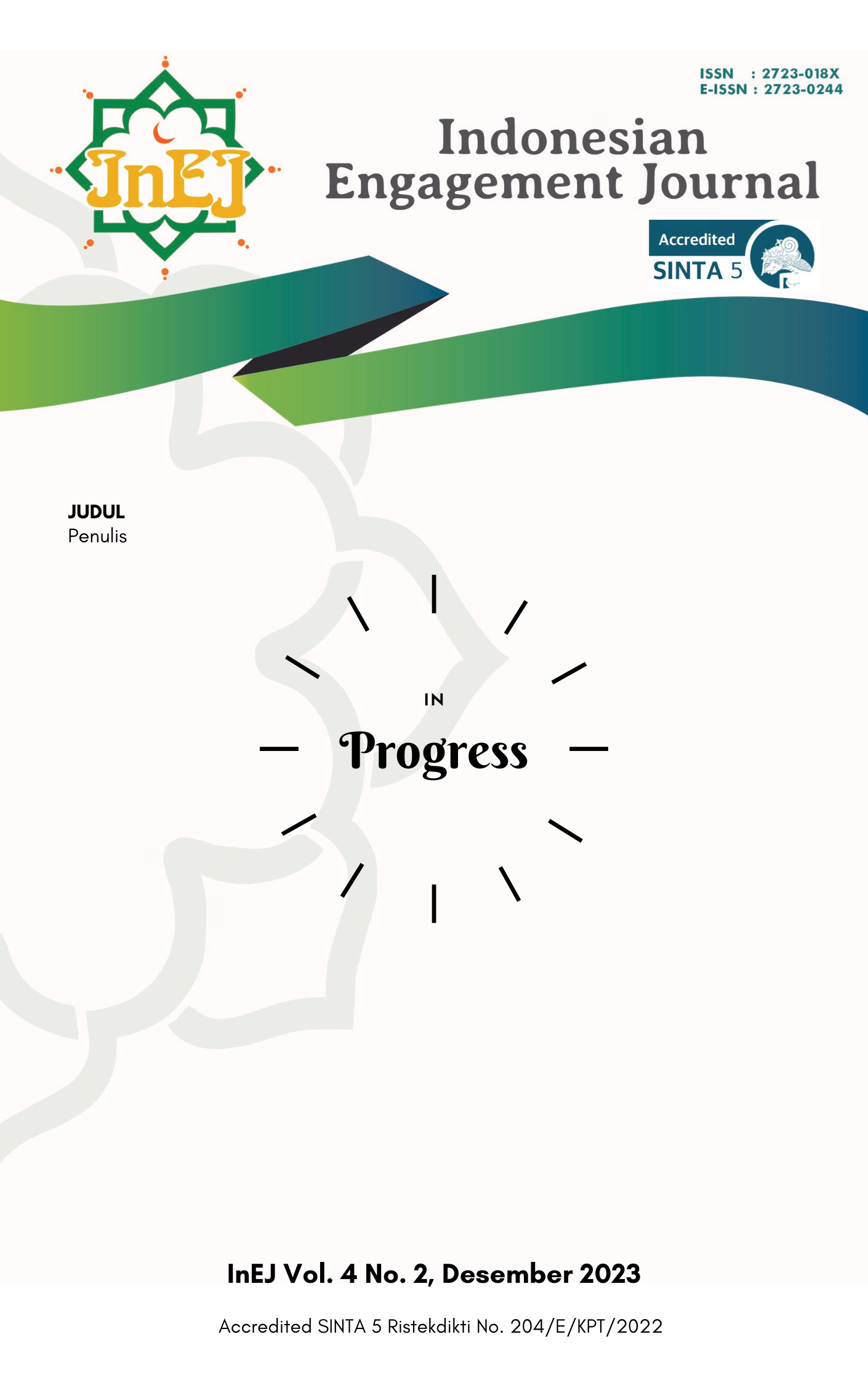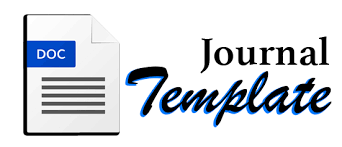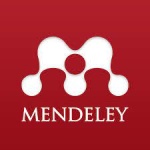SMART DIGITAL PARENTING UNTUK MEMBENTUK KARAKTER ANAK DI DESA SAMBILAWANG, KECAMATAN BUNGKAL, KABUPATEN PONOROGO
DOI:
https://doi.org/10.21154/inej.v4i1.7063Keywords:
Smart Digital Parenting, Child Character, ABCDAbstract
Artikel ini membahas pengabdian di Desa Sambilawang, Kecamatan Bungkal, Kabupaten Ponorogo dengan menggunakan pendekatan ABCD (Asset Based Community Development). Fokusnya adalah pada pengembangan anak-anak sebagai aset, khususnya melalui Taman Pendidikan Anak (TPA) untuk meningkatkan kemampuan keagamaan. Meskipun TPA berperan penting, pengaruh teknologi digital, seperti gadget dan internet, juga perlu diperhatikan. Artikel menyoroti dampak negatif teknologi pada anak-anak dan beton bahwa orang tua memiliki peran krusial sebagai pendidikan pertama. Dalam mengatasi dampak negatif teknologi, artikel menciptakan kegiatan Smart Digital Parenting. Kegiatan ini bertujuan untuk meningkatkan pengetahuan orang tua dalam menghadapi permasalahan digital yang dihadapi anak-anak mereka. Respons positif dari orang tua terhadap kegiatan ini dan hasil wawancara menunjukkan peningkatan pengetahuan mereka. Artikel mengakui adanya kekurangan dalam memberikan solusi, terutama dalam fokus hanya pada pendampingan orang tua terhadap anak-anak. Artikel menekankan pentingnya peran orang tua dalam pembentukan karakter anak di era digital melalui pendekatan Smart Digital Parenting.
References
Aji, Rustam. “DIGITALISASI, ERA TANTANGAN MEDIA (Analisis Kritis Kesiapan fakultas Dakwah Dan Komunikasi Menyongsong Era Digital).” Islamic Communication Journal 1, no.1 (Mei-Oktober 2016): 48.
Anisah, Ani Siti. “Pola Asuh Orang Tua dab Implikasinya Terhadap Pembentukan Karakter Anak.” Jurnal Pendidikan Universitas Garut 5, no. 1 (2011): 71.
Daradjat, Zakiah. Ilmu Pendidikan Islam. Cetakan X. Jakarta: Bumi Aksara, 2012.
Dwiyanti, Retno. “Peran Orang Tua Dalam Perkembangan Moral Anak.” Dalam Prosiding Seminar Nasional Parenting, 162, 2013.
Ginanjar, M. Hidayat. “Keseimbangan Peran Orang Tua Dalam Pembentukan Karakter Anak.” Jurnal Pendidikan Islam 2 (Januari 2013): 230.
Rahayu, Puji. “Pengaruh Era Digital Terhadap Perkembangan Bahasa Anak.” Al-Fathin 2 (Juni 2019): 47.
Rohmah, Nur Rulifatur, M. Yusuf, dan Syaiful Muda’i. “Elaborasi Kemampuan Literasi Anak melalui Pendirian Rumah Bacaan Alam Al-Aly di Kedungglugu Gondang Nganjuk.” JANAKA 4, no. 2 (2022): 10”“18.
Rostiana, Irma, Wilodati, dan Mirna Nur Alia A. “Hubungan Pola Asuh Orang Tua dengan Motivasi Anak untuk Bersekolah di Kelurahan Sukagalih Kecamatan Sukajadi Kota Bandung.” Jurnal Sosietas 5, no. 2 (t.t.): 2.
Sari, Suci Lia, Rika Devianti, dan Nur’aini Safitri. “Kelekatan Orangtua Untuk Pembentukan Karakter Anak.” Educational Guidance and Counseling Development Jounal 1, no. 1 (April 2018): 31.
Undang-Undang Republik Indonesia Nomor 23 Tahun 2002 Tentang Perlindungan Anak (t.t.).
Widyani, Umi dan Anis Hidayatul Imtihanah. “Pemanfaatan Masjid dan Poskamling sebagai Pos Pendidikan dalam Upaya Meningkatkan Semangat Belajar Siswa Melalui Pembelajaran Berbasis Pendampingan Pada Masa Pandemi di Dukuh Goran, Desa Bungkal, Kecamatan Bungkal, Kabupaten Ponorogo.” Prodimas 1 (2021): 704”“28.
Yani, Ahmad. “Jurnal Implementasi Islamic Parenting dalam Membentuk Karakter Anak Usia Dini Di RA At-Taqwa Kota Cirebon.” AWLADY: Jurnal Pendidikan Anak 3, no. 1 (2017): 157.
Downloads
Published
Issue
Section
License
Please find the rights and licenses in InEJ. By submitting the article/manuscript of the article, the author(s) agree with this policy. No specific document sign-off is required.1. License
The non-commercial use of the article will be governed by the Creative Commons Attribution license as currently displayed on Creative Commons Attribution-NonCommercial-ShareAlike 4.0 International License.
2. Author(s)' Warranties
The author warrants that the article is original, written by stated author(s), has not been published before, contains no unlawful statements, does not infringe the rights of others, is subject to copyright that is vested exclusively in the author and free of any third party rights, and that any necessary written permissions to quote from other sources have been obtained by the author(s).
3. User/Public Rights
The spirit of InEJ is to disseminate articles published are as free as possible. Under the Creative Commons license, InEJ permits users to copy, distribute, display, and perform the work for non-commercial purposes only. Users will also need to attribute authors and InEJ on distributing works in the journal and other media of publications. Unless otherwise stated, the authors are public entities as soon as their articles got published.
4. Rights of Authors
Authors retain all their rights to the published works, such as (but not limited to) the following rights;
Copyright and other proprietary rights relating to the article, such as patent rights,
The right to use the substance of the article in own future works, including lectures and books,
The right to reproduce the article for own purposes,
The right to self-archive the article,
The right to enter into separate, additional contractual arrangements for the non-exclusive distribution of the article's published version (e.g., post it to an institutional repository or publish it in a book), with an acknowledgment of its initial publication in this journal (InEJ: Indonesian Engagement Journal).
5. Co-Authorship
If the article was jointly prepared by more than one author, any authors submitting the manuscript warrants that he/she has been authorized by all co-authors to be agreed on this copyright and license notice (agreement) on their behalf, and agrees to inform his/her co-authors of the terms of this policy. InEJ will not be held liable for anything that may arise due to the author(s) internal dispute. InEJ will only communicate with the corresponding author.
6. Royalties
Being an open accessed journal and disseminating articles for free under the Creative Commons license term mentioned, author(s) aware that InEJ entitles the author(s) to no royalties or other fees.
7. Miscellaneous
InEJ will publish the article (or have it published) in the journal if the article’s editorial process is successfully completed. The editors of Journal may modify the article to a style of punctuation, spelling, capitalization, referencing and usage that deems appropriate. The author acknowledges that the article may be published so that it will be publicly accessible and such access will be free of charge for the readers as mentioned in point 3.




